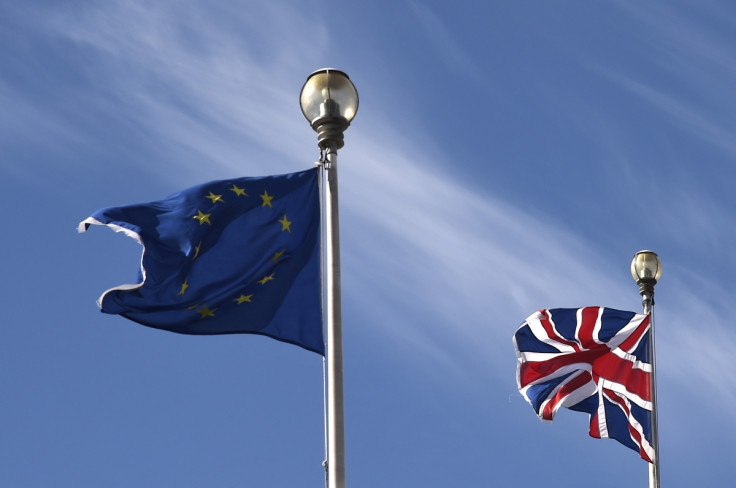EU referendum: Historians can't predict the future when past questions are unanswered

About 300 historians have signed up to this extraordinarily brief statement: "As historians of Britain and of Europe, we believe that Britain has had in the past, and will have in the future, an irreplaceable role to play in Europe. On 23 June, we face a choice: to cast ourselves adrift, condemning ourselves to irrelevance and Europe to division and weakness; or to reaffirm our commitment to the EU and stiffen the cohesion of our continent in a dangerous world."
As with most of the campaign (dare I say it, on both sides) an opinion about the future is expressed without any evidence. Historians, one would think, know perfectly well how to back up arguments with evidence. Still, we have the words of the Chancellor of the Exchequer:
"These are the people who, from all sorts of different perspectives, have studied and written about how Britain's rich and varied history has influenced every corner of the globe, arguably more than any other nation. Whether that be the spread of democracy, the English language or the impact of our trade links and former colonial empire upon the world, these are the people that have helped us understand that influence. They all argue that as a nation we are at our strongest when we are outward-facing and engaged in the world."
Those of us who believe that the terms offered by the EU are not adequate and that we should vote to leave a creaking and mismanaged organisation will surely agree with Osborne. He has made exactly the right point, without realising it. Supporters of Brexit want to see Britain engage more fully with both Europe and the world, and we see in the trend towards a global economy a new place for the UK with its still strong economy – just about the only EU economy that is not sick – a country that is in a position to look outwards to its 'former colonial empire' as well as to countries such as Brazil and Mexico. The EU makes us less, not more, outward-facing.
However, the real issue is of a different order. As historian I want to know certain things that, frankly, should have been the subject-matter of the government pamphlet sent to every household. How has the economy of Europe performed in the last few decades? Is it the case that the European Court of Justice has interfered in legal decisions within the UK? How have the Commission and Council of Ministers and European Parliament actually worked? Has Britain benefited or suffered from qualified majority voting? Have all countries within the EU complied as earnestly as the UK in the enforcement of EU directives?
These are questions about the past. It is not the task of historians to predict the future. Even economists are not always very good at that, if you look at the predictions that were made when Britain was wondering whether to join the euro.
When we ask questions about the EU and Britain's past, I also want to be satisfied that our legal system – based on Common Law – and our constitution – based on no written text – is compatible with the very different legal system of countries that operate according to the Code Napoléon. Contrast the long, slow evolution of the British political system, whatever its imperfections, with the fact that only half a dozen other European member states even existed before 1800.
One of the questions that certainly needs to be asked is whether there such a thing as a 'European identity' has evolved. Even those who want to promote such an identity have written of how it needs to be created. D'Azeglio's words, "We have made Italy; now we must make the Italians", are being repeated a century and a half later: "We have made Europe; now we must make the Europeans." Languages, literatures, religions, customs, all sorts of differences can be enumerated. Is this what is meant by a common identity?
Finally, I need to be satisfied that the EEC or EU (rather than NATO) has really guaranteed the peace of Europe since 1945, when the Treaty of Rome was only signed in 1957. European meddling in the affairs of neighbouring countries has done great harm, as we can see from the way that European moves towards association with Ukraine have drawn Russia into a dangerous conflict that could spread beyond the Black Sea region.
I pose these points as questions, but there are real answers to most of them, because they are rooted in history, recent and distant.
Professor David Abulafia is a Professor of Mediterranean History, Cambridge University and chairman of Historians for Britain
© Copyright IBTimes 2025. All rights reserved.






















